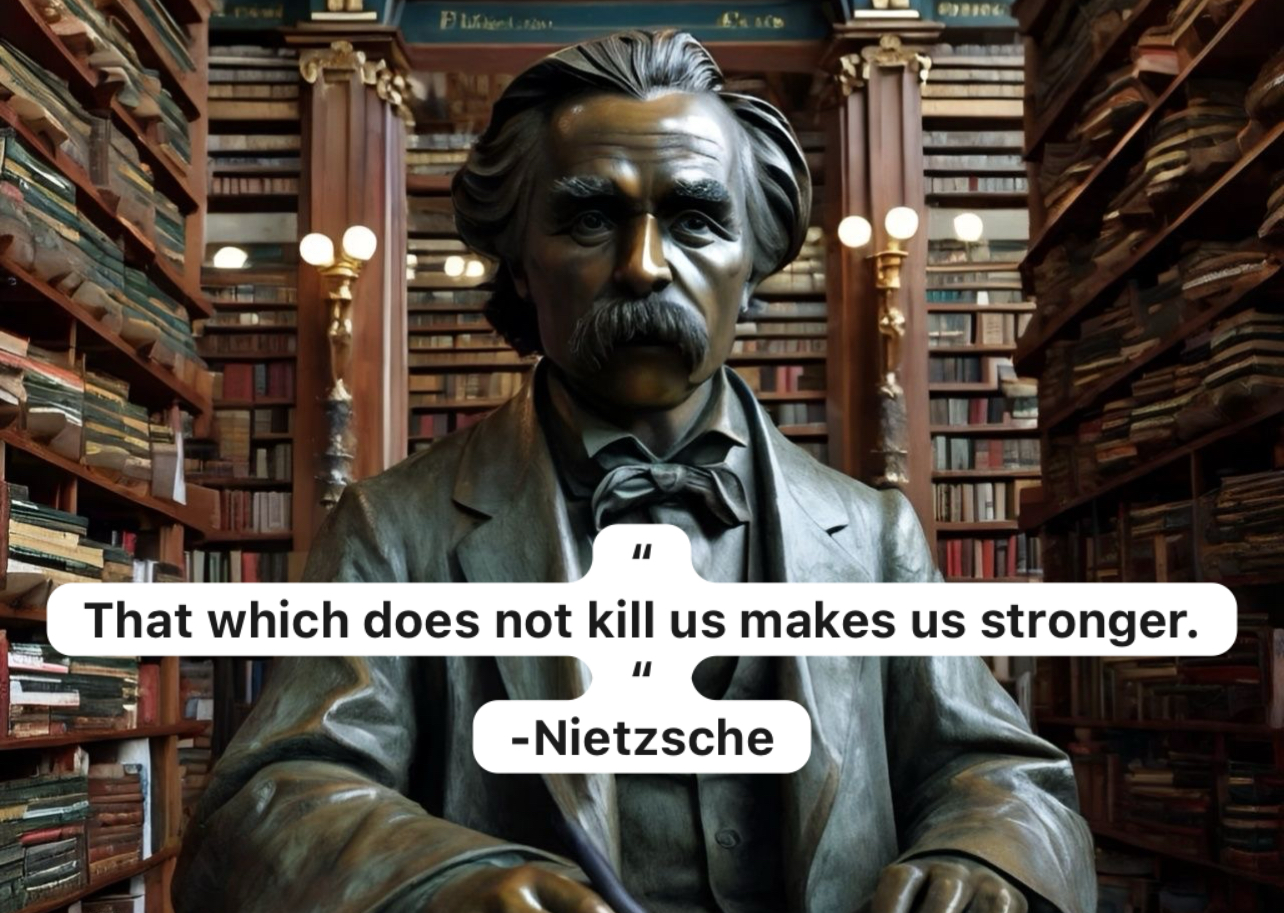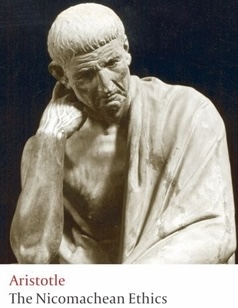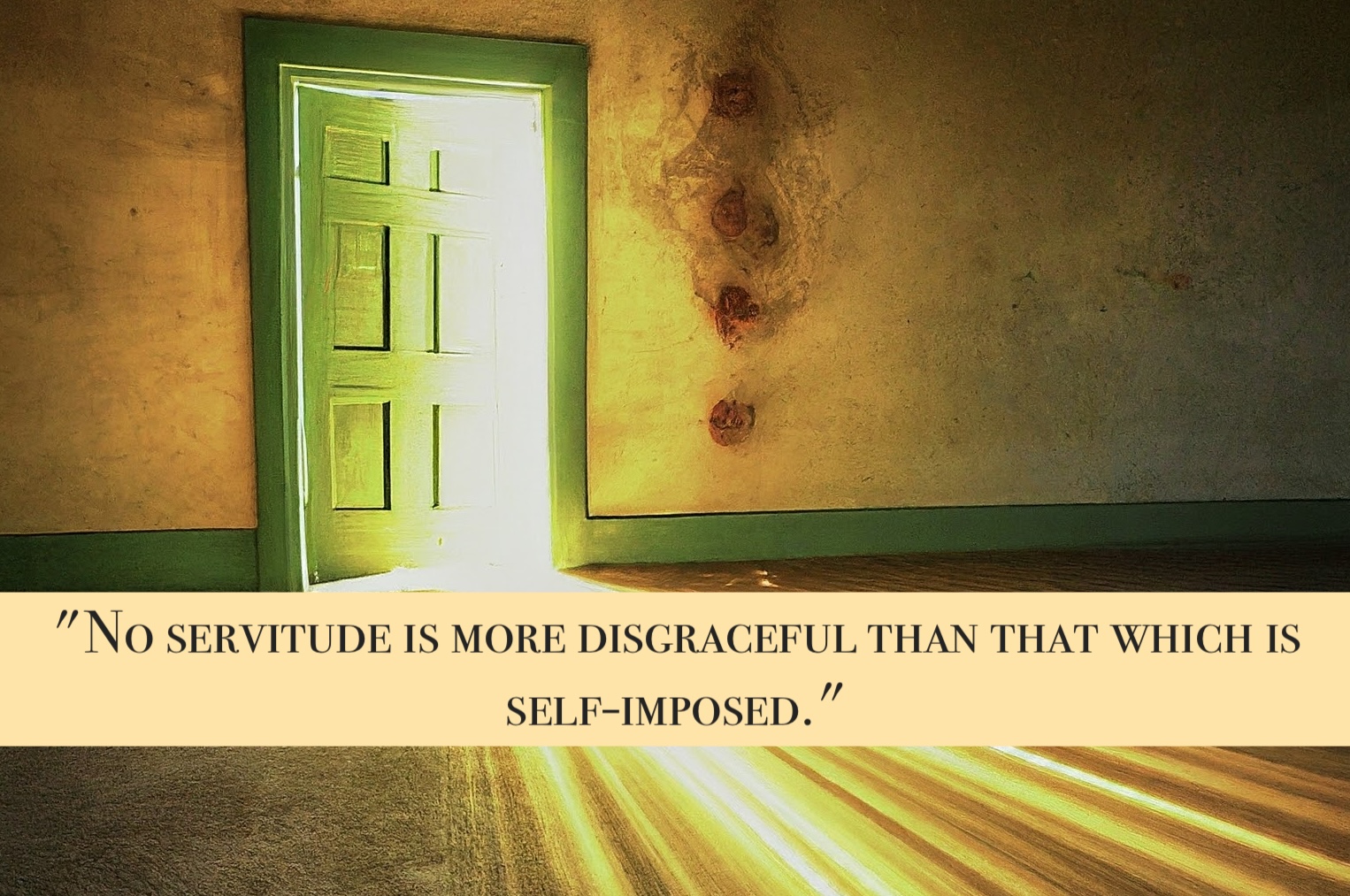Beyond Good and Evil: A Personal Exploration of Nietzsche’s Philosophy

Nietzsche's "Beyond Good and Evil" beckons adventurers into the intricate realms of morality, philosophy, and the human psyche. As I navigated the profound insights within its pages, the journey became not just an intellectual exploration but a deeply personal quest for understanding life's complexities.
Embracing the Critique of Morality:
Nietzsche's critique of traditional morality challenges the very foundations of our ethical beliefs. The assertion that morality is a construct of the herd to subdue the superior resonates, urging introspection into the nature of right and wrong. It prompts a reassessment of societal norms and personal values, encouraging a more nuanced perspective.
The Übermensch and Individualism:
The concept of the Übermensch, the "overman" or "superman," captivated my imagination. It transcends conventional morality and societal expectations, inviting individuals to create their values and embrace their unique potential. Nietzsche's call for individualism serves as a reminder to cultivate authenticity and resist the conformity that stifles personal growth.
Eternal Recurrence: Embracing Life's Repetitions
The idea of eternal recurrence, that every moment of our lives will be repeated infinitely, challenges us to live authentically. This concept propelled me to examine my choices and actions, pondering whether I could endure their repetition ad infinitum. It instills a sense of responsibility for the legacy we create with each decision.
Will to Power: Unleashing Personal Potential
Nietzsche's exploration of the will to power extends beyond mere dominance. It is an assertion of one's ability to overcome challenges, achieve self-mastery, and shape one's destiny. This notion of personal empowerment became a guiding principle, encouraging the pursuit of excellence and resilience in the face of adversity.
The Profound Insights:
As I immersed myself in Nietzsche's world, I discovered profound insights into morality, individualism, and the pursuit of personal power. The lessons learned extended beyond the intellectual, shaping my worldview and influencing my approach to challenges.
Personal Empowerment and Responsibility:
The emphasis on the will to power underscored the importance of personal agency and resilience. It prompted a shift in perspective, viewing challenges not as obstacles but as opportunities for growth and self-empowerment. Nietzsche's philosophy became a catalyst for embracing responsibility and actively shaping my destiny.
Embracing Complexity and Ambiguity:
Nietzsche's critique of binary moralities encouraged a more nuanced understanding of good and evil. Embracing the complexity of human nature, I learned to navigate the grey areas, appreciating the ambiguity inherent in moral dilemmas. It fostered a tolerance for diverse perspectives and a rejection of simplistic judgments.
Nietzsche's "Beyond Good and Evil" transcends its status as a philosophical treatise, becoming a guide for personal growth and existential exploration. Its insights, coupled with personal reflections, shape a philosophy of individual empowerment, resilience, and a nuanced understanding of morality. As Nietzsche invites us to go "beyond good and evil," the journey becomes a transformative odyssey through the complexities of human existence.
Favorite
Quotes from "Beyond Good and Evil":
"He who fights with monsters should be careful lest he thereby become a monster. And if you gaze long enough into an abyss, the abyss will gaze back into you."
"In every real man, a child is hidden that wants to play."
"The surest way to corrupt a youth is to instruct him to hold in higher esteem those who think alike than those who think differently."
"He who has a why to live can bear almost any how."
"That which does not kill us makes us stronger."




Leave a Reply
You must be logged in to post a comment.